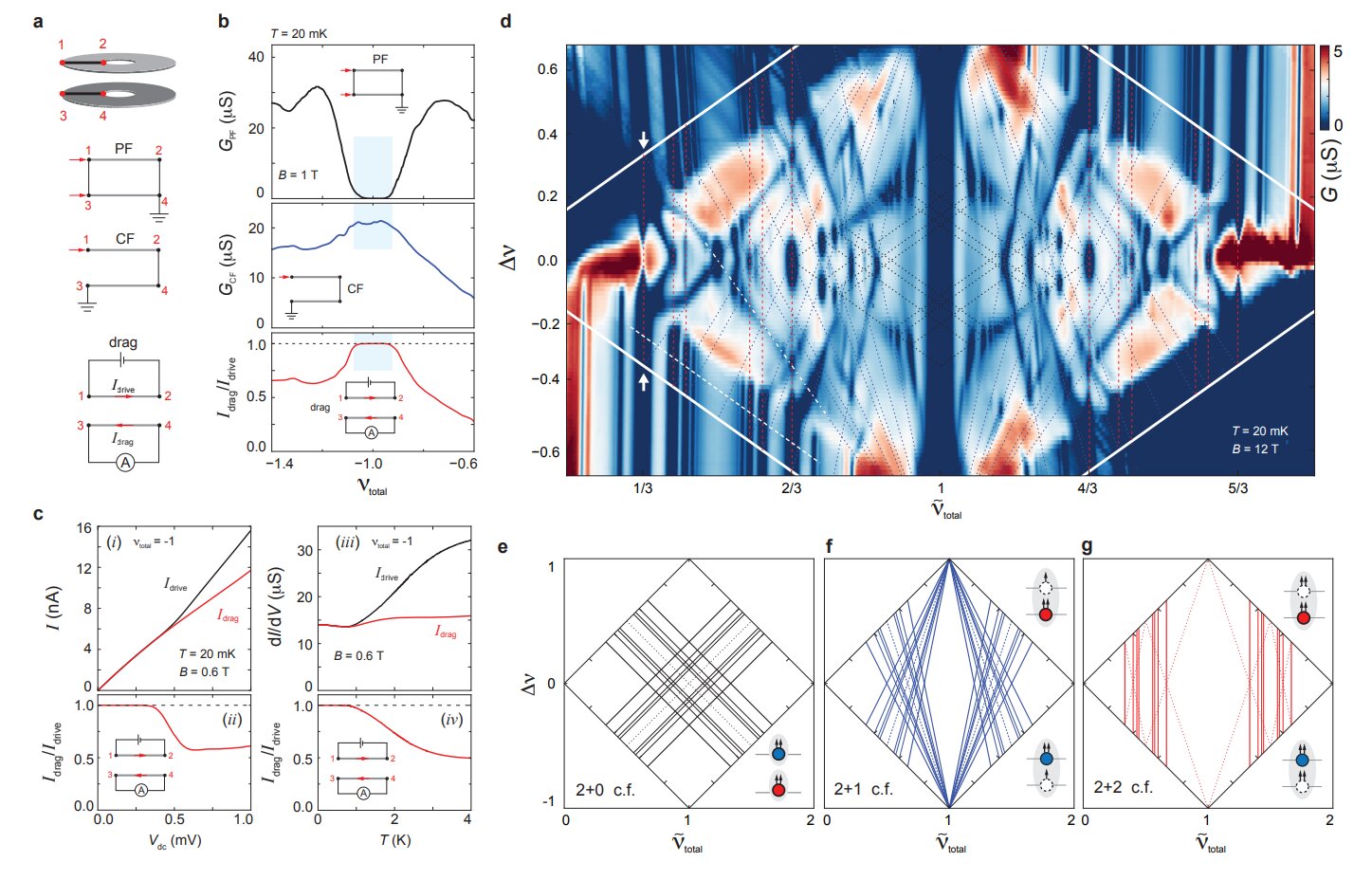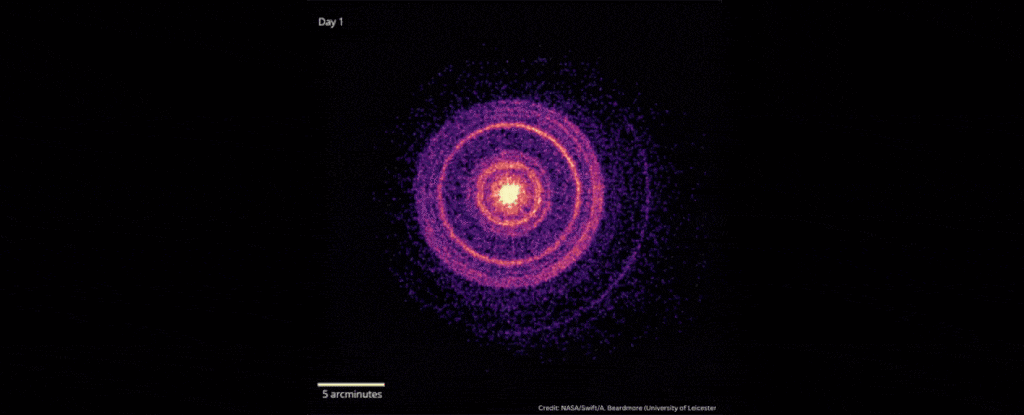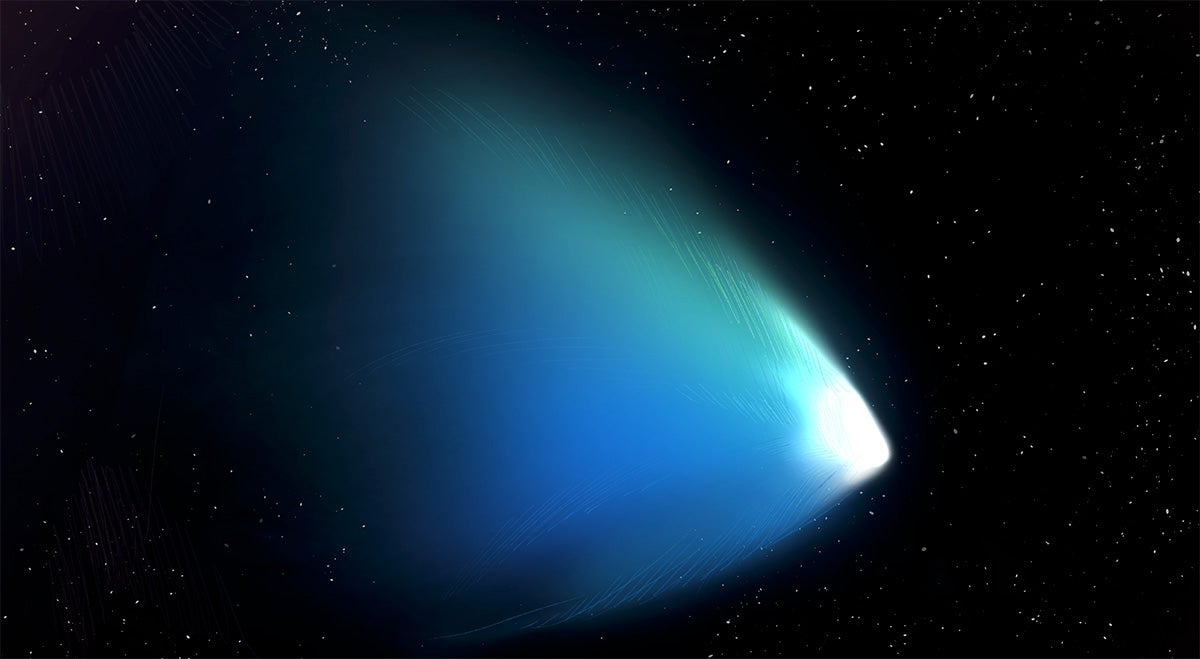
A landmark assessment of the health of nearly 24,000 freshwater species found that just under a quarter are at risk of extinction.

In a new study, physicists at Brown University have now observed a novel class of quantum particles called fractional excitons

On 8 January 2025, the ESA/JAXA BepiColombo mission flew past Mercury for the sixth time, successfully completing the final "gravity assist manoeuvre" needed to steer it into orbit around the planet in late 2026.

Back in 2021, a test of cephalopod smarts reinforced how important it is for us humans to not underestimate animal intelligence.

In October 2022, scientists detected the explosive death of a star 2.4 billion light-years away that was brighter than any ever recorded.

Interacting with AI chatbots like ChatGPT can be fun and sometimes useful, but the next level of everyday AI goes beyond answering questions: AI agents carry out tasks for you.

Scientists recently discovered that the giant 'conveyer belt' currents that push star-forged material out of our galaxy and pull it back in can also transport carbon atoms.

Collaborative work by amateur and professional astronomers has helped to resolve a long-standing misunderstanding about the composition of Jupiter's clouds.

Taking advantage of a cosmic "double lens," astronomers resolved more than 40 individual stars in a galaxy so far away its light dates back to when the universe was only half its present age.

In 1831, somewhere on Earth's surface a massive volcano opened wide its jaws and belched forth so much ash and smoke that the skies dimmed, cooling the Northern Hemisphere.

When examining a still-developing exoplanet in a distant star system, a team of astronomers uncovered a mismatch between the gases in the planet's atmosphere and those within the disk.

A resent study used James Webb Space Telescope to reveal one-of-a-kind attributes of (2060) Chiron, a distant “centaur” in space sharing properties of both a comet and an asteroid, giving clues to our Solar System’s origins.

The right therapy can dramatically boost the self-healing capabilities of the human heart after heart failure, a new study has found - giving the vital organ regenerative powers even beyond those of a healthy heart.

However, some of the most extreme Tees are linked to psychedelic substances, such as LSD or ayahuasca.

Theoretical physicists from the Autonomous University of Barcelona in Spain think they might at last have an explanation for why Schrödinger's cat would always appear in a single state once it's observed.